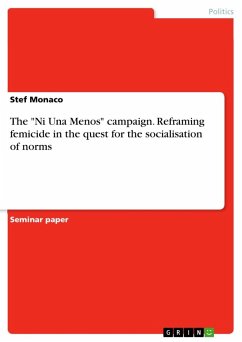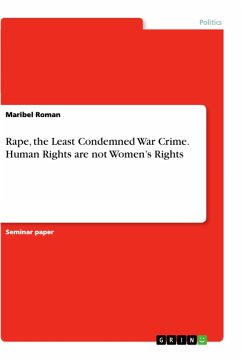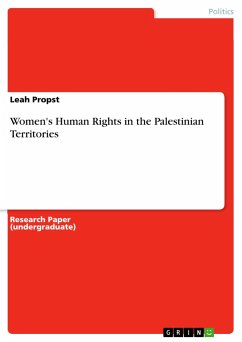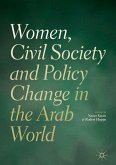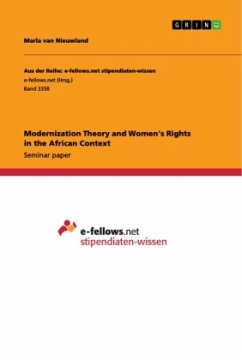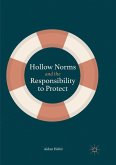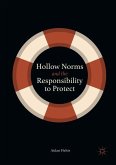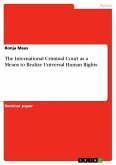Seminar paper from the year 2016 in the subject Politics - Topic: Public International Law and Human Rights, grade: A, University of London (School of Advanced Study - Institute of Commonwealth Studies), course: Securing Human Rights, language: English, abstract: "Ni Una Menos" in Argentina as a human rights campaign is unique in that it came into being organically on social media. It grew out of the coordinated efforts of journalists, intellectuals and activists, it defined a narrow focus and specific calls to action, but it has not developed an institutional structure in spite of having spilled over to other countries in the region and continuing to have a high media and political profile.This essay considers "Ni Una Menos" within the framework developed by Keck and Sikkink in their 1999 UNESCO article "Transnational Advocacy Networks" in international and regional politics. "Ni Una Menos" has sparked sister movements in several countries in the region but there is no evidence that a 'transnational advocacy network' as defined by Keck and Sikkink (1999: 89) is forming as of the time of writing. Consequently, this campaign does not seem to comfortably fit the authors' definition of an advocacy network. However, this framework is useful for bringing intellectual order to what may look like a series spontaneous interventions around an issue by providing analytical tools to understand Ni Una Menos' break from traditional framing strategies of human rights issues in Argentina and allowing the systematic exploration of the campaign's tactics and its policy outcomes in the Macri presidency.
Hinweis: Dieser Artikel kann nur an eine deutsche Lieferadresse ausgeliefert werden.
Hinweis: Dieser Artikel kann nur an eine deutsche Lieferadresse ausgeliefert werden.

